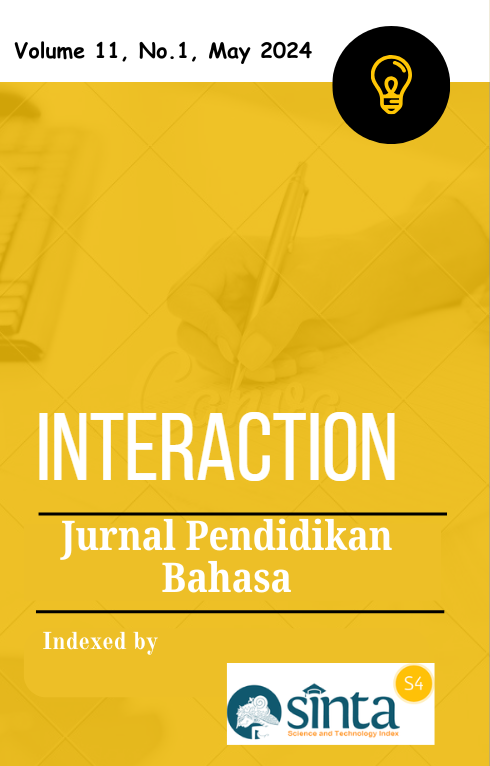Construction of the Meaning of the Self-Concept of Broken Home Children
Abstract
One of the basic foundations for someone to choose and decide what to do is the construction of individual thinking. Time and the environment to which individuals adapt form structure. Additionally, each person has their own conception of how a marriage will affect them individually and their family formation. Marriage and family formation are socially seen as mandatory activities because it is assumed that everyone will experience it and must marry or start a family. This is a unique concern for children growing up in broken homes regarding the development of their marriage and family arrangements. Children who come from broken homes have fears and stress about marriage and family development. As normal young people from broken homes have done primary exploration and have worries about going to marriage and framing family after that, they feel injury and fear about how to run a big family. Researchers use phenomenological and purposive techniques in qualitative research. Considering that the examination that has been completed found that young people who live in broken families are afraid of getting married and starting a family, they imagine that they do not yet dare to step into marriage. Even though there are some young people who already have partners, they still need to be more open about moving up to a higher level of marriage. Additionally, the study found that children in homes with broken families believe that getting married or starting a family is a complex process that requires much planning and thought.
Downloads
References
SURVIVOR COVID-19 IN JAKARTA. DISCOURSE: Journal Scientific Knowledge Communication, 20(1). https://doi.org/10.32509/wacana.v20i1.1395
Fathonah, D., Hendriana, H., & Rosita, T. (2020). DESCRIPTION OF SELF-ESTEEM OF STUDENTS FROM BROKEN FAMILIES
HOME AT SMAN 1 Ciwidey. FOCUS (Guidance & Counseling Study in Education), 3(4), 129. https://doi.org/10.22460/focus.v3i4.5788
Hafiza, S., & Mawarpury, M. (2018). The Meaning of Happiness by Broken Home Teenagers. Psympathic: Journal
Scientific Psychology,5(1), 59–66. https://doi.org/10.15575/psy.v5i1.1956
Lie, F., Puspa Ardini, P., Utoyo, S., & Juniarti, Y. (2019). Growth and Development of Broken Home Children. Pelita Journal Preschool,4(1), 114–123. https://doi.org/10.33222/pelitapaud.v4i1.841
Mokalu, PV, Harilama, SH, & Mewengkang, N. (2015). CHILDREN'S SELF-CONSTRUCTION POST-DIVORCE PARENTS IN THE NORTH KAROMBASAN COMMUNITY ENVIRONMENT, WANEA DISTRICT MANADO CITY.
Pratiwi, IW, & Handayani, PAL (2020).SELF-CONCEPT OF ADOLESCENTS WHO COME FROM BROKEN FAMILIES HOME.9(1).
Priska Adristi, S. (2023). The Role of Parents in Children from Broken Home Family Backgrounds. Lifelong Education Journal,1(2), 131–138. https://doi.org/10.59935/lej.v1i2.30
Satata, D. (2021). Self-Disclosure of the Independent Characteristics of Only Children in Broken Home Families. Journal Perceptual Psychology,6(1), 53–65. https://doi.org/10.24176/perceptual.v6i1.5173




.png)



22.png)
